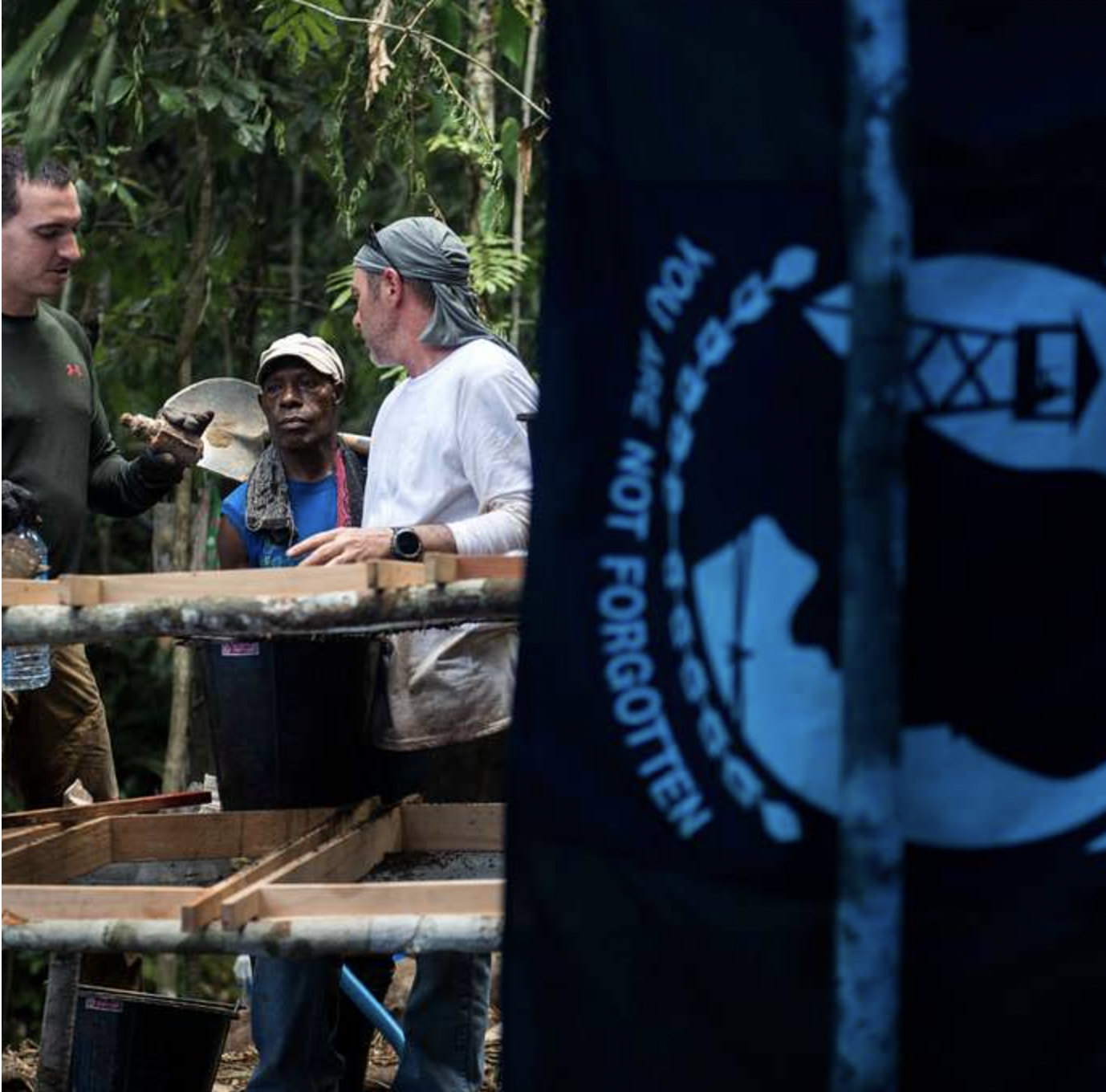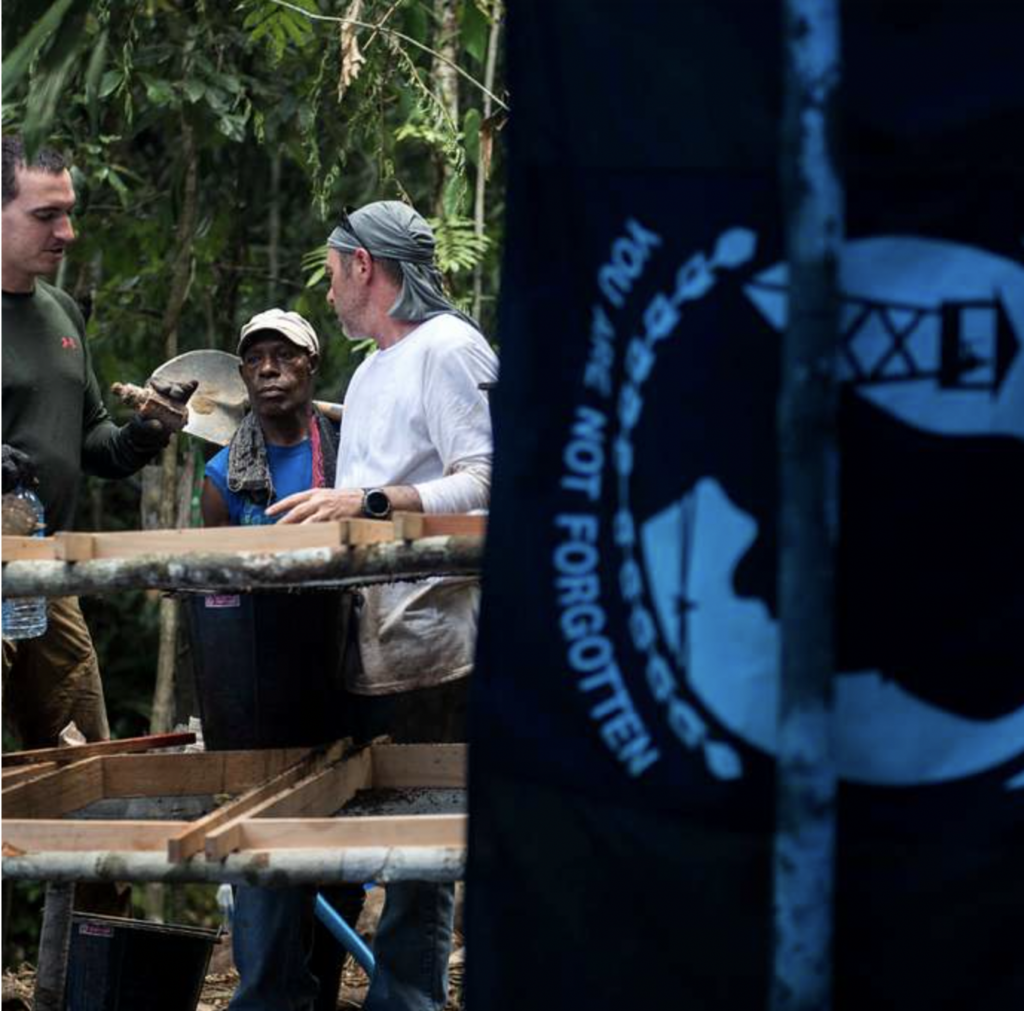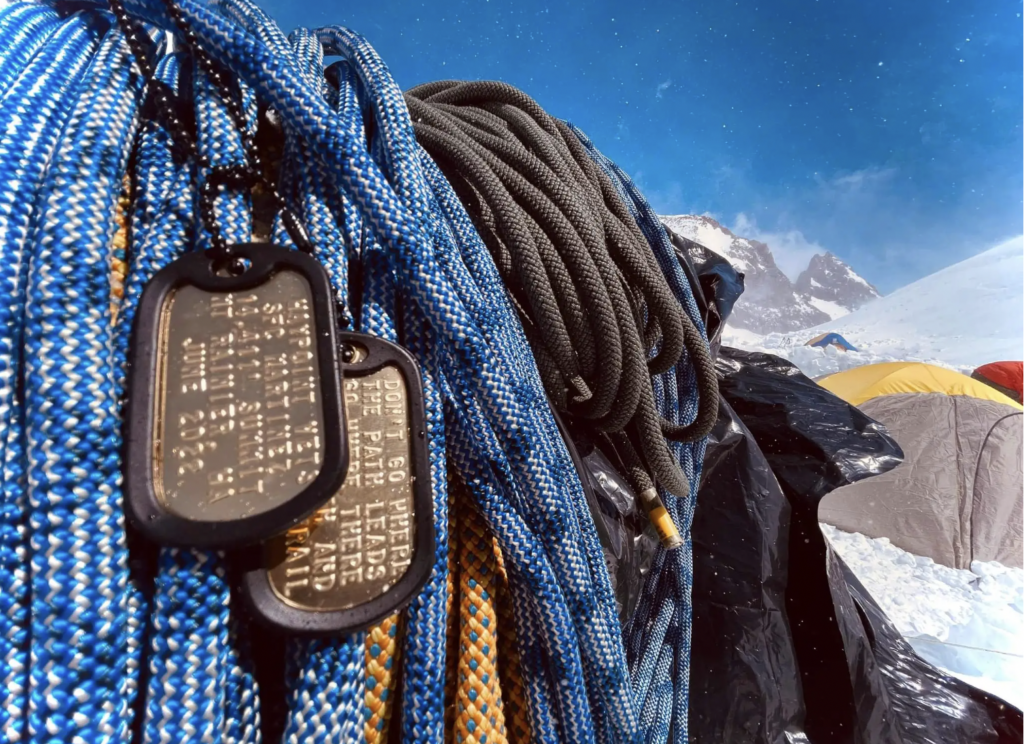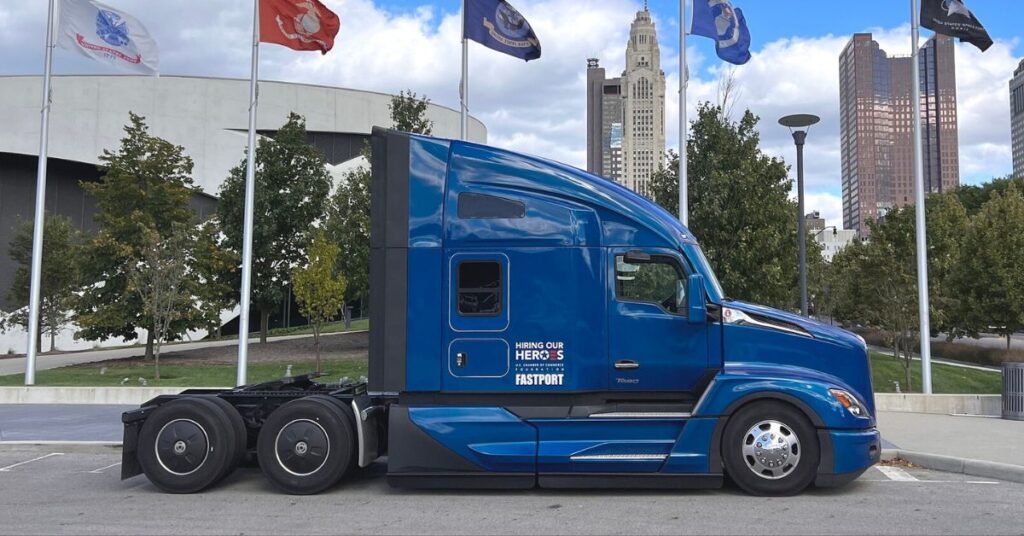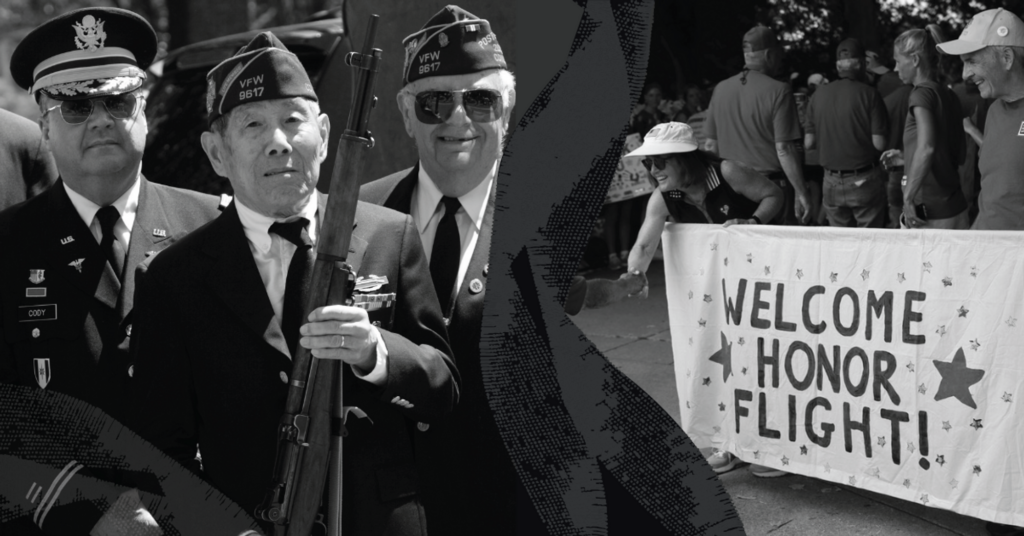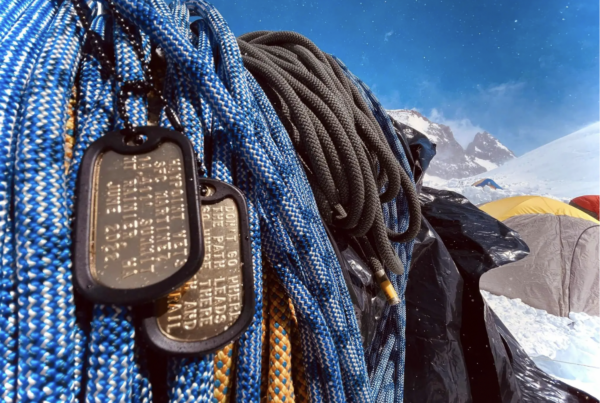Meet the forensic detectives who are working to bring home America’s missing heroes.
In the aftermath of World War II, the Korean War, the Vietnam War, and the Cold War, a significant number of American service personnel have gone missing, leaving behind a lingering sense of uncertainty and loss – the Department of Defense reports.
The United States has a code of honor that we do not leave anyone behind. Today, the Department of Defense is seeking soldier MIA, even decades after they were classified this way.
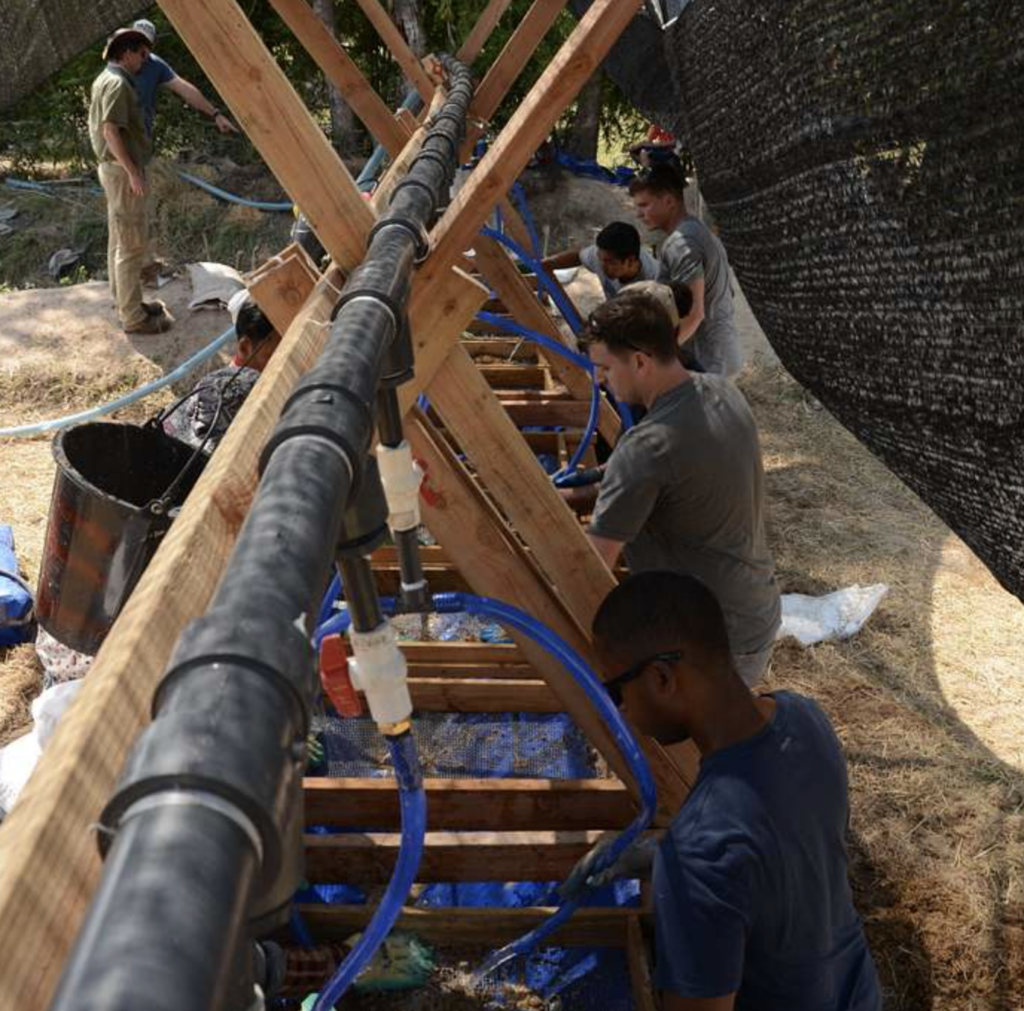
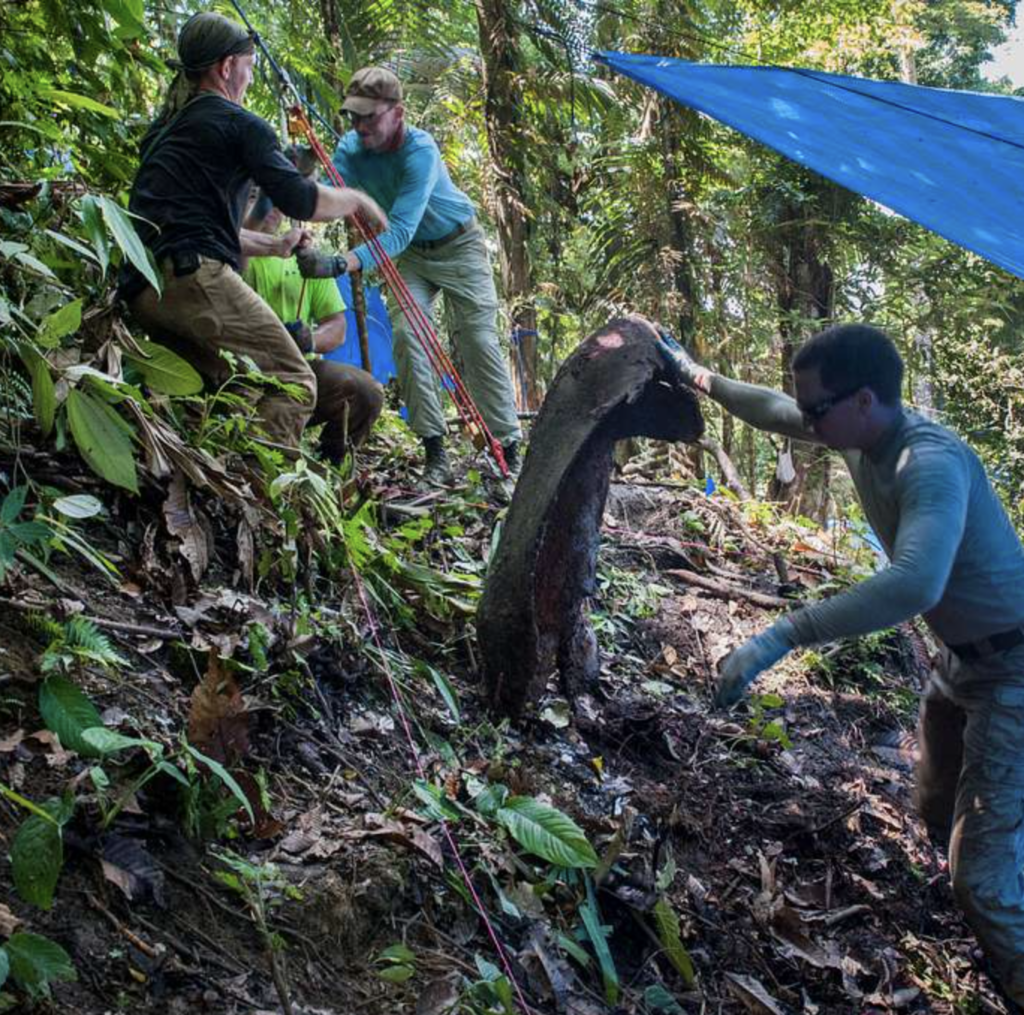
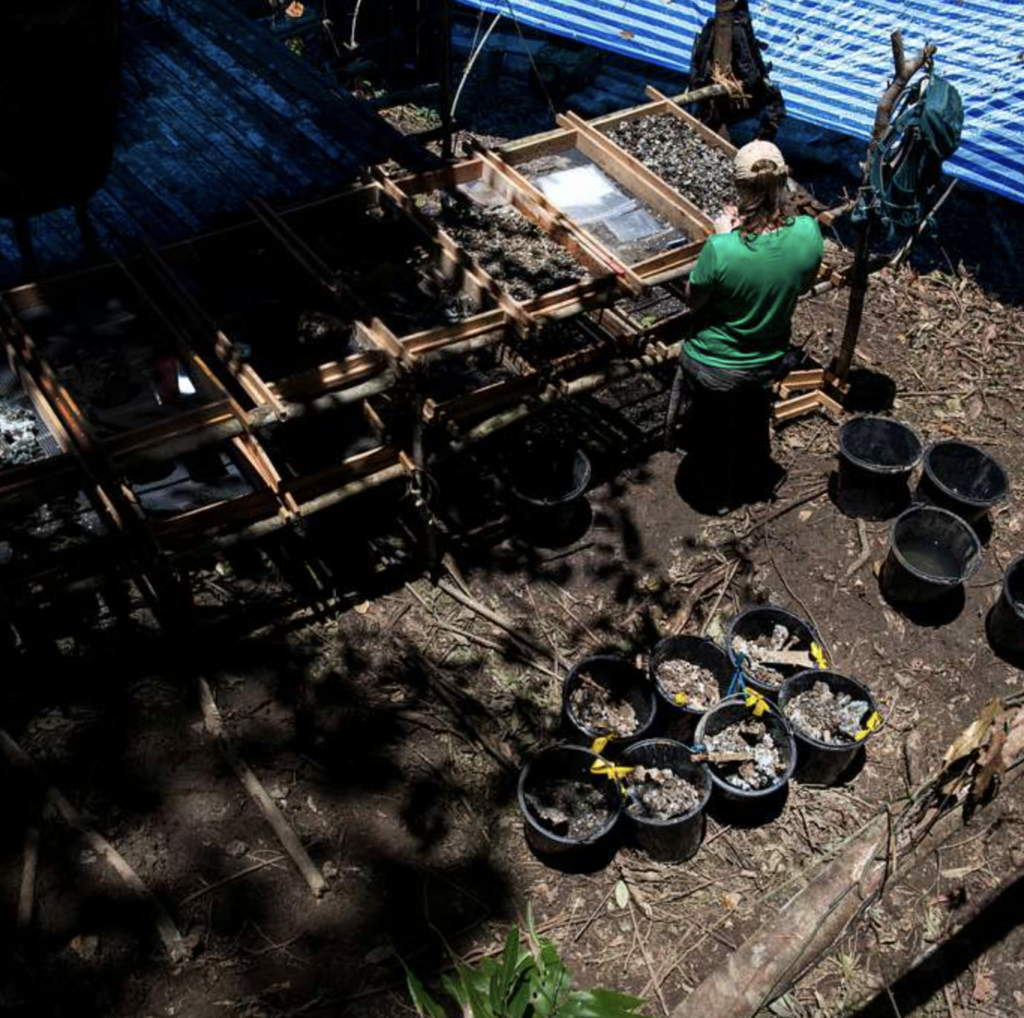
This somber reality extends to thousands of brave individuals who have yet to be accounted for. Strikingly, approximately 75% of these missing individuals can be traced to the Indo-Pacific region, an area where their sacrifices remain unfulfilled.
“Recovery teams use standard field archaeology methods in the excavation as directed by the on-site anthropologist. At a recovery site, the forensic anthropologist, who’s also referred to as the recovery leader, directs the excavation much like a detective overseeing a crime scene.”
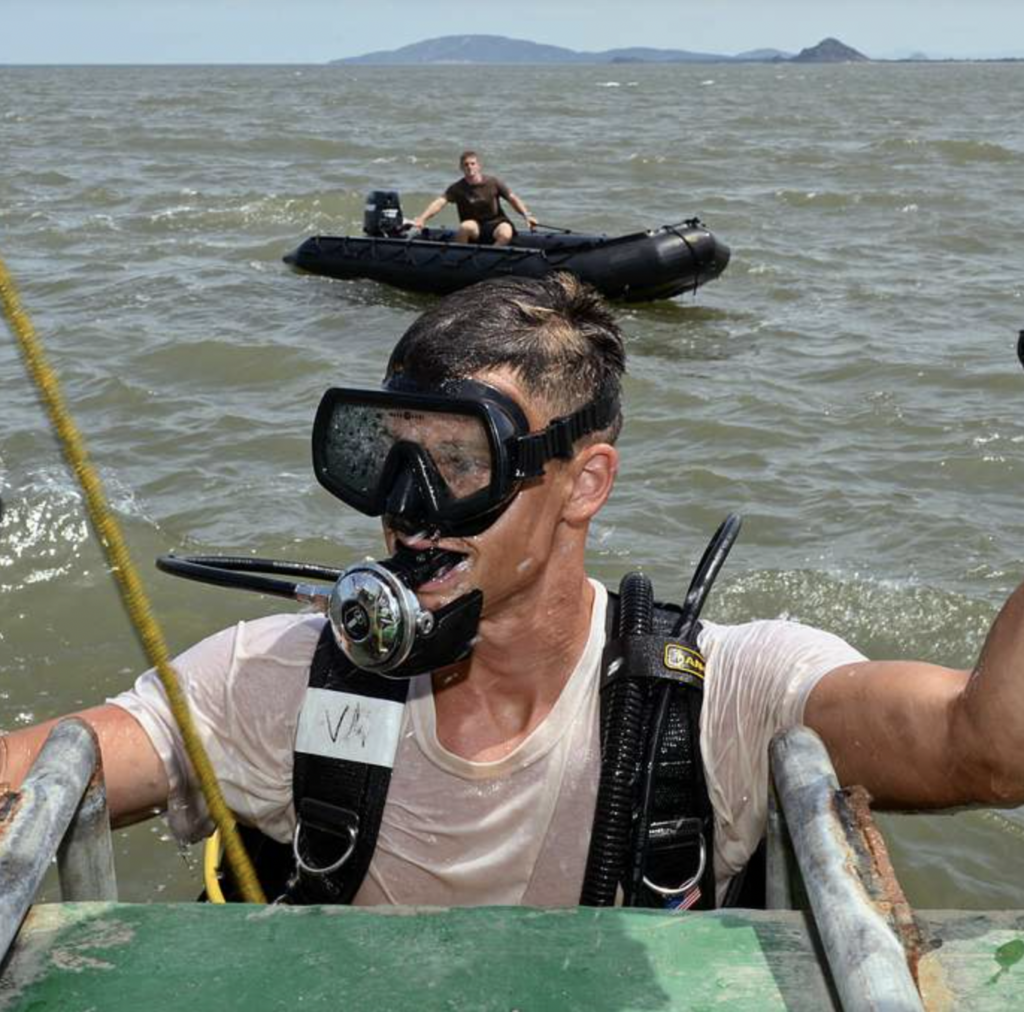
“Each year, Defense POW/MIA Accounting Agency (DPAA) conducts investigation-and-recovery team missions throughout the world to pinpoint last known locations of missing Americans and to attempt to excavate their remains, he said, adding that these missions are often being done simultaneously at different parts of the globe,” according to the Department of Defense.
According to the DPAA, which diligently works towards resolving these distressing cases, the estimations suggest that nearly 39,000 of these missing heroes are still potentially recoverable. However, it is disheartening to acknowledge that a considerable portion of these individuals have met their fate in the vast depths of the ocean, classified as deep, at-sea losses.
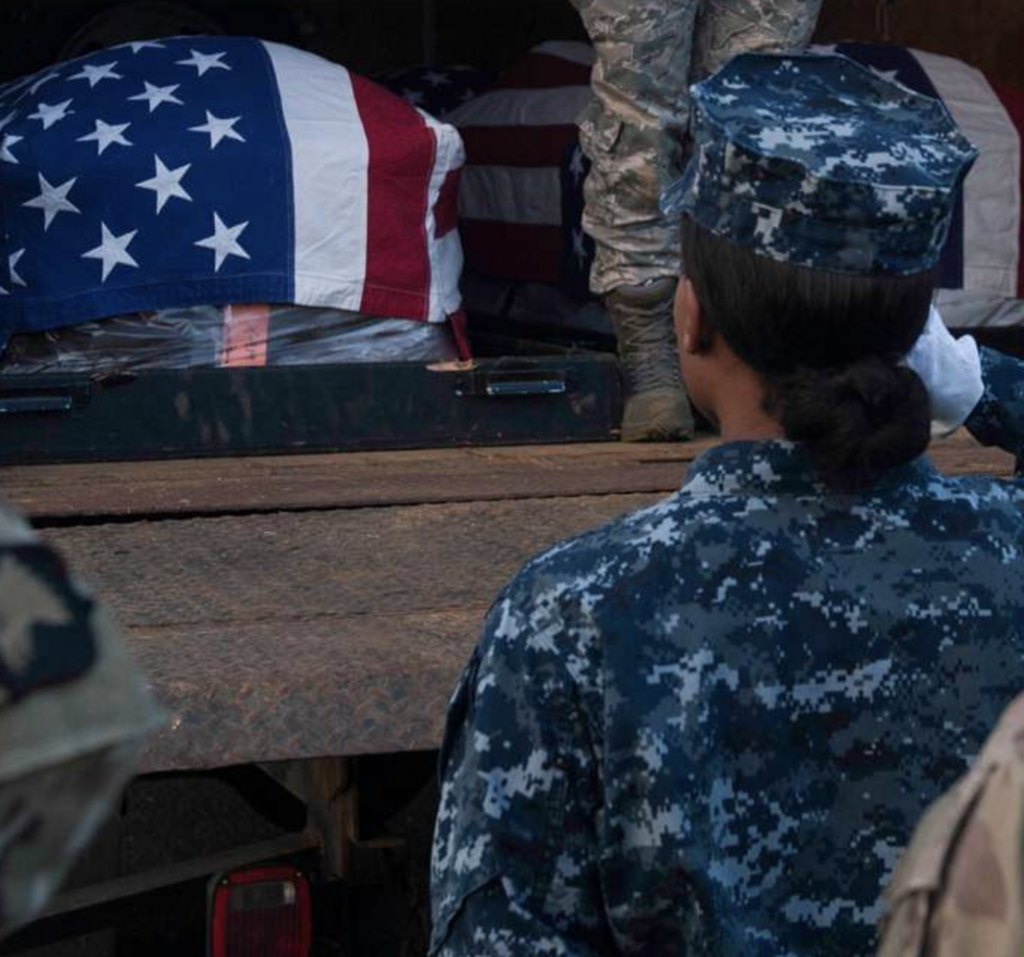
Pictured: U.S. service members present arms to the remains of an unknown service member. The remains will be taken back to the DPAA laboratory for analysis and identification as part of the mission to provide the fullest possible accounting for our missing personnel.
The plight of these missing American service personnel stands as a poignant reminder of the sacrifices made in the name of duty, honor, and freedom. Their families and loved ones continue to bear the weight of their absence, while the pursuit of answers and closure persists, driven by the unwavering commitment of organizations like the Defense POW/MIA Accounting Agency.
“Despite these challenges, what kept me focused throughout the mission was just remembering why I was out there and how we could help the family members find a sense of closure for their loved ones who went missing. These service members gave the ultimate sacrifice for our country, so it’s up to us to do our best to bring them home,” he said.


